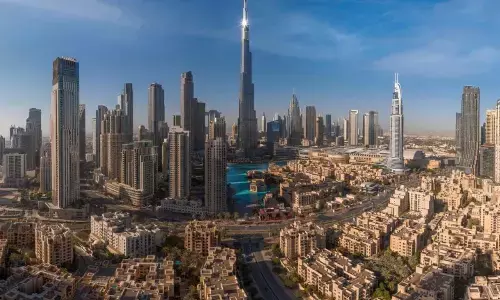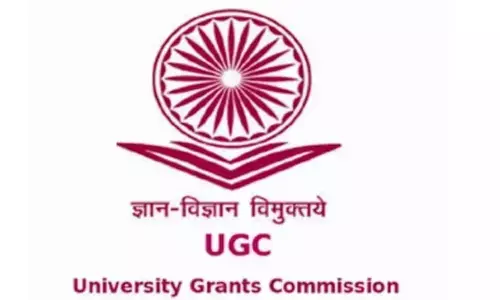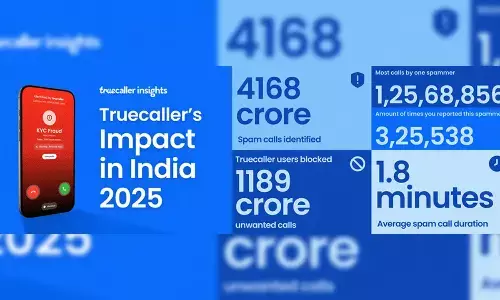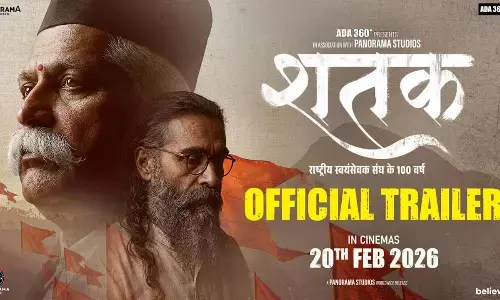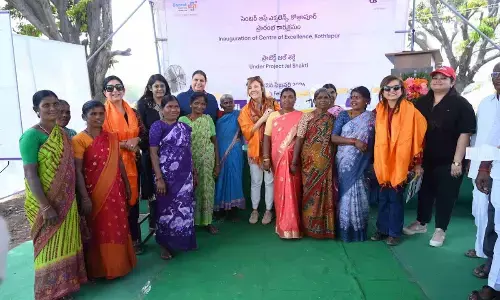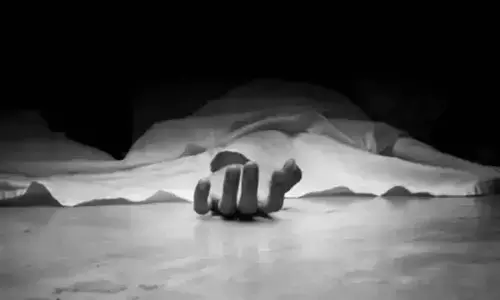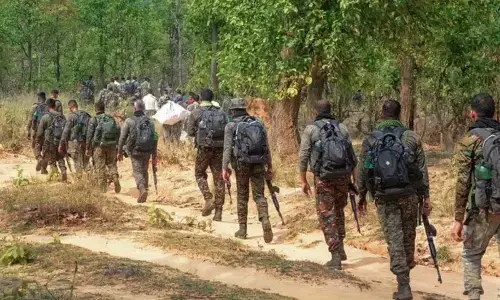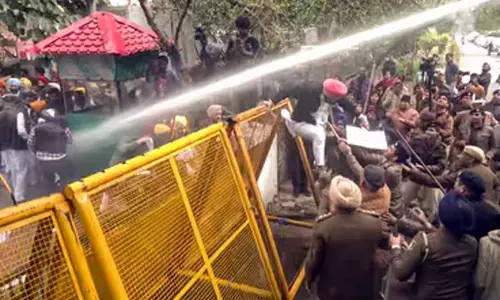Curbing hateful content on TV as good as using lathis in riots: Supreme Court
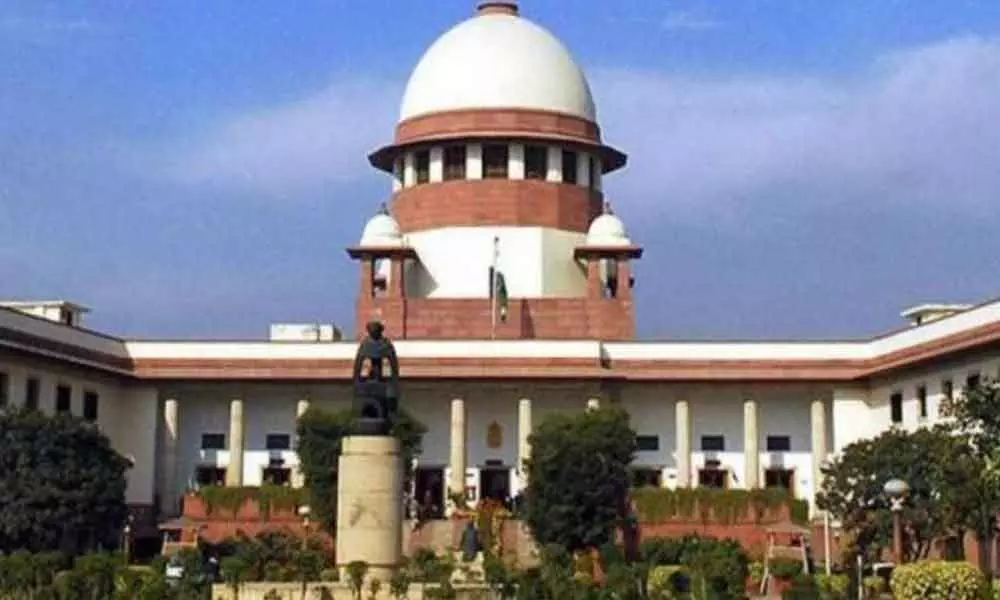
Supreme Court
The Supreme Court on Thursday held that stopping content having attributes of hate on television is as vital as arming policemen with lathis and installing barricades to contain the spread of violence during riots.
New Delhi: The Supreme Court on Thursday held that stopping content having attributes of hate on television is as vital as arming policemen with lathis and installing barricades to contain the spread of violence during riots.
A bench headed by Chief Justice S.A. Bobde and comprising Justices A.S. Bopanna and V. Ramasubramanian told Solicitor General Tushar Mehta said control over certain kind of news, which agitate people and may lead to violence or may trigger riots, is essential.
The Chief Justice stressed: "Preventing it (reporting hateful content) as powerful as putting barricades. Preventing instigation is as important as providing lathis to the policemen."
He cited that on January 26, the government shut down the internet, as a preventive measure, amid the raging violence in Delhi, during the farmer unions tractor rally.
"You shut down mobile internet due to farmers' visit to Delhi," the Chief Justice said. As Mehta objected to the term, saying that the incident can hardly be termed as a visit, the Chief Justice emphasised he was highlighting the issue by using a non-controversial word.
After this oblique reference to the Republic Day violence on Delhi's streets, the bench continued with the hearing on a batch of pleas, including one filed by Jamiat Ulama-i-Hind, alleging bad reporting by some media houses demonising the Muslim community against the backdrop of Tablighi Jamaat congregation at Nizamuddin Markaz in Delhi.
The bench added that there are programmes which instigated or impact a community, but the government does not do anything. However, it added government control cannot be equated with measures to curb free speech.
"That is why government's power to control some news becomes very important," it observed.
The bench cited that people are free to adopt any tone on TV, but it should not trigger violence or incite hatred. "We are only interested with people instigating inciting violence and riots... these situations lead to loss of life and property," the Chief Justice said, stressing that it is an issue which worries the top court.
Mehta replied that if such situations are created, then it is very unfortunate.
"Fair and truthful reporting is not a problem, but reporting become a problem, when it is projected in a way to agitate others," the Chief Justice elaborated. At this stage, he drew an analogy between taking preventive measures to stop hate on television and the use of lathis and barricades by policemen as a measure amid riots.
"Control over some news is as important as some preventive measure and check law and order situation. I don't know why you are blind to this. I don't mean anything offensive, but you are doing nothing about it," he added.
CJI Bobde said that there are broadcasts and programmes, which play a role in instigating people and not just one community, but any community. "You don't do anything about it," he said.
During the hearing in the matter, the top court deliberated on the efficacy of certain laws including Cable TV Networks Act of 1995, which come into force in these situations.
The top court has scheduled the matter for further hearing after three weeks.


